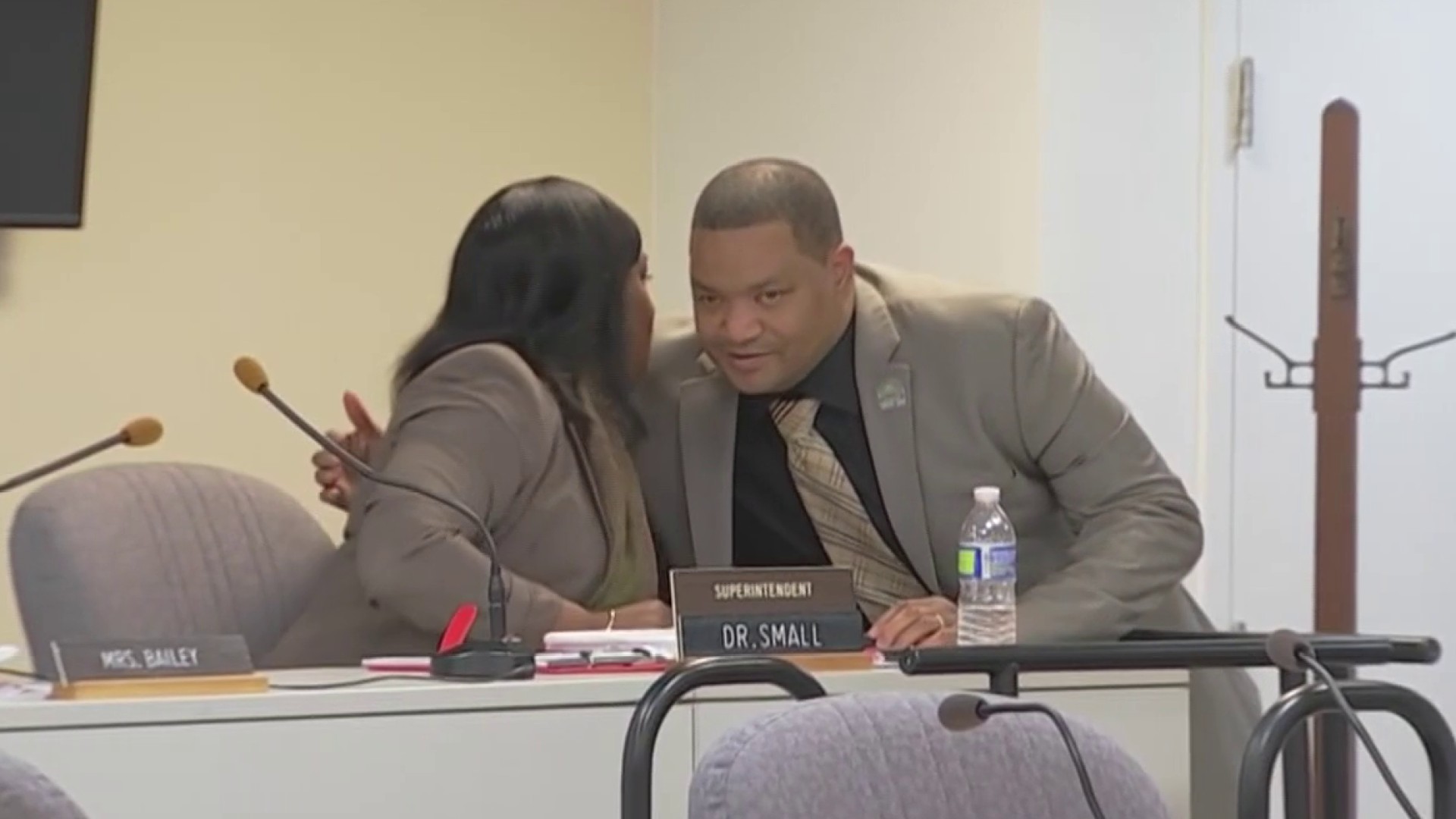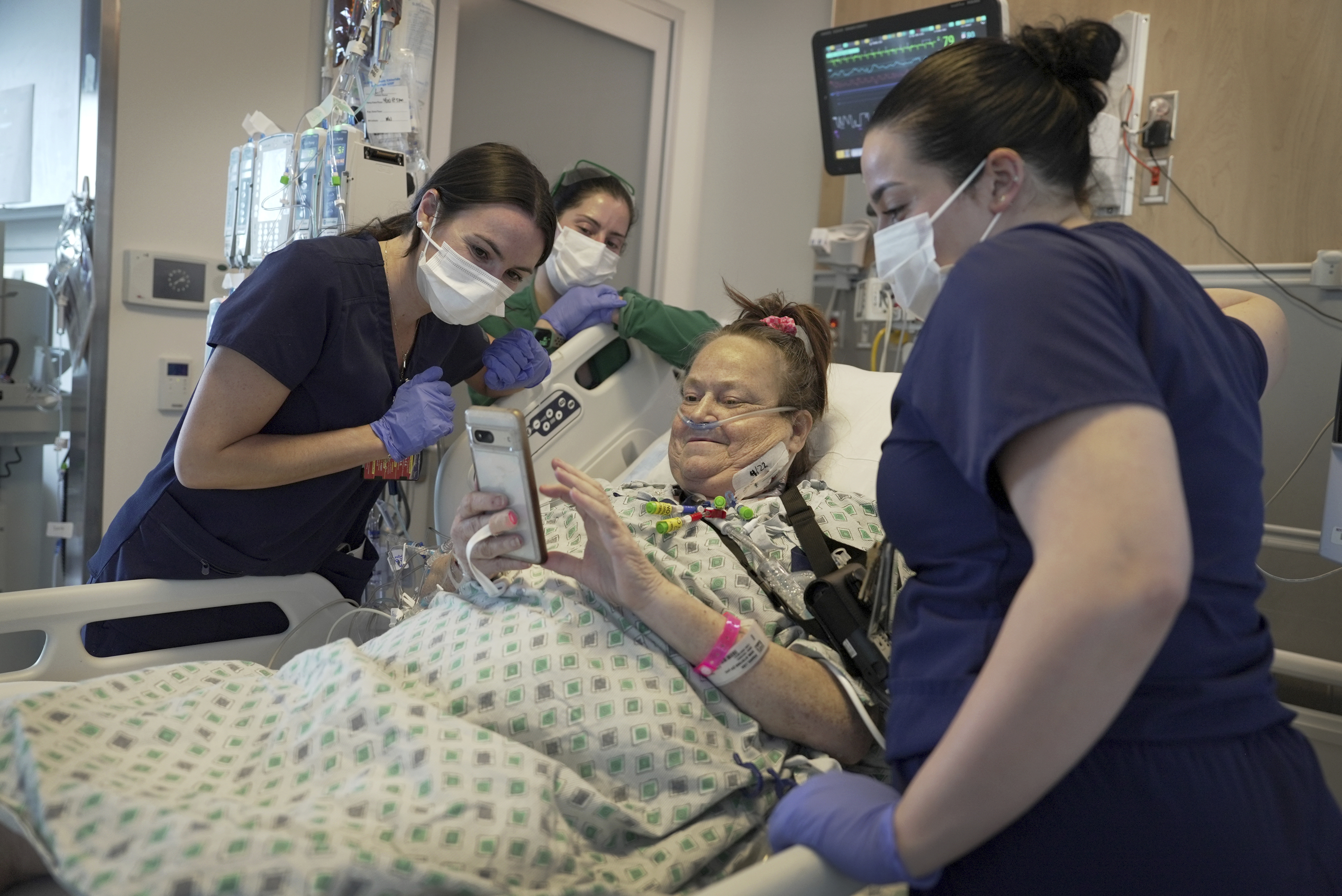New Jersey this week issued its first standards for edible forms of medical marijuana, a move that could clear the way for the state's three dispensaries to start making and selling the products.
The state Department of Health told The Associated Press on Friday that the standards, intended to assure patient and employee safety, were sent to the clinics on Tuesday.
Executives at the three clinics did not immediately return calls to The Associated Press on Friday afternoon, so it's not clear whether the standards will be enough to jump start production of a form of the drug that some advocates have long said should be made available, especially for children.
But Ken Wolski, executive director of the Coalition for Medical Marijuana-New Jersey, said parents have been adapting.
"They've been forcing parents to make their own edibles," he said. "It just seems like it's an awful long delay to make it available from the Department of Health."
Medical marijuana advocates pushed for years for Gov. Chris Christie to do more to ease access to medical marijuana for children who could be helped by it, especially those with Dravet Syndrome, a form of epilepsy that is rare and often fatal.
In 2013, Christie signed a bill to allow edible forms of marijuana — but for children only — and to let dispensaries grow and sell more than the three strains of cannabis they were each initially allowed. All the changes were aimed at allowing children to have the strains and forms of marijuana that could help them.
Local
Breaking news and the stories that matter to your neighborhood.
It was a significant step for Christie to make changes to the medical marijuana program. He had been reluctant to do anything to expand access, and critics said Christie's administration was making implementation burdensome.
His predecessor, Jon Corzine, made allowing medical marijuana one of his last acts as governor.
It took nearly three years before the state's first dispensary opened. And now, five years after Christie took office, there are only three running, though the state has selected three other groups to start others.
Christie said last year that he might consider in the future changing the law to allow edible forms of medical marijuana for adults, too.
The standards, which take effect immediately, include details on lighting and ventilation requirements for areas where edibles as well as lozenges and topical versions of marijuana are to be made, as well as required label information and procedures for recalls.
Health Department spokeswoman Donna Leusner said the department plans to make the standards into more formal regulations with input from the industry. But she said the state wanted to allow the additional forms of the drug to be sold before that process is completed.
"The Department expects the Alternative Treatment Centers to embrace this standard for the safety of its patients and its workers," Leusner said.



